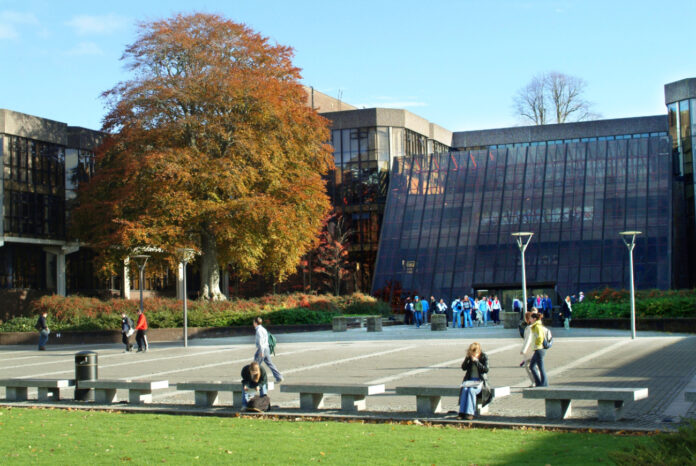
EXECUTIVES at the University of Limerick (UL) did take minutes of an informal meeting into the controversial Rhebogue property purchase, but they were never formally approved, it has emerged.
At UL’s sitting before the Dáil’s Public Accounts Committee (PAC) on Thursday last (May 8), Professor Shane Kilcommins, the university’s deputy president and provost, told PAC members that the process that led to the controversial deal that saw UL overpay for 20 houses in Rhebogue by about €5.2million was “unusual” and that many informal executive meetings were held to discuss the proposal.
UL bought the development of 20 homes from Silvergrove Developments at an inflated price of €11.4million in 2022 to use as student accommodation, despite questions being raised around the legitimacy of its planning permission to be used as such.
Professor Kilcommins, who is currently standing in for UL president Professor Kerstin Mey, told PAC chairperson Brian Stanley, and TDs Alan Kelly, Cormac Devlin, and Verona Murphy on Thursday last that the process that led to the Rhebogue acquisition was “unusual”.
“The process that was used very often, it was meetings called late, informal meetings being used,” Prof Kilcommins said.
Informal meetings are not usually agenda led, Prof Kilcommins explained, and they don’t usually have minutes taken.
However, one such informal meeting into the Rhebogue purchase did see minutes taken, he claimed, but they were never formally approved.
The PAC was also told that it took just eight months from the proposed purchase being brought to the university by the developer to the contract being signed by UL.
In response to a question from Deputy Murphy, Prof Kilcommins said that the process “failed on a number of levels”.
“To begin with, it failed in terms of how it was framed. It was presented by the chief corporate officer and the chief financial performance officer,” the deputy president said.
Concerns were raised “very early on” by many executive members of UL’s staff, with the director of the university’s buildings and estates department raising concerns about the stamp duty that the institution would incur with the purchase.
UL previously said a higher than expected stamp duty bill led to the development costing more than expected.
“The director of buildings and estates very early on in this process highlighted the fact that stamp duty needed to be looked at in respect of (the Rhebogue purchase),” Prof Kilcommins said.
Tipperary TD Alan Kelly likened the spending saga and the report that followed, conducted by Niamh O’Donoghue, to a drama series.
“It’s like a script for a mini series on Netflix or something, because there’s so much in it coming from way outfield as well,” Deputy Kelly said.
UL is currently the subject of a Section 64 investigation by the Higher Education Authority (HEA) which will look into governance issues, due diligence, policy control, and protected disclosures, among other things, at the university.


